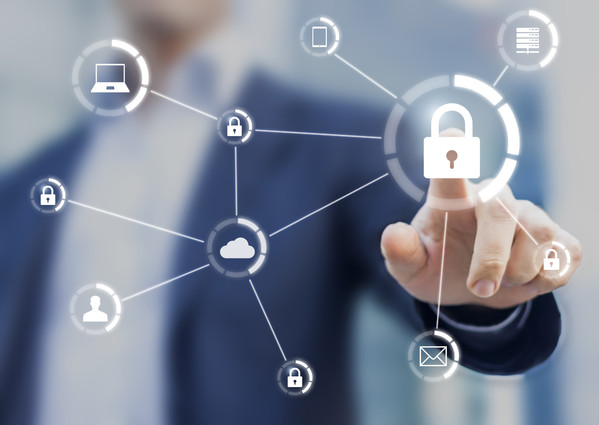Ready for Internal and External Attacks: The Importance of IT Security Audits
Cyber attacks and cyber crimes cost businesses over $3 billion in 2019. Companies not only need proper security measures but a definitive plan in...
2 min read
Mindy Gallagher : Nov 25, 2019 12:00:00 AM
Mobile phones are the modern-day miracles of communication. Since their invention advancements have tuned them into tools for entertainment and navigation.
But most of all smart devices for business purposes. All the more reason to consider mobile phone security.
Businesses use cell phones for many reasons—technology tops the list. Most smartphone devices perform the exact same tasks as PCs and laptops. They're also susceptible to getting hacked like desktop computers.
Flexibility is another key reason companies rely on cellular phones. Clients can contact the top players in the company outside regular office hours.
For international business cell phones cut down on the cost of long-distance billing. It also makes your phone vulnerable to overseas hacking.
Employees are doing more work from their phones than ever before. It's time to step-up security? Learn more about mobile phone security here.
Cell phone security relates to the protection of sensitive data stored in a mobile device. It also prohibits unauthorized access to the central network.
In past practices strong passwords were all users needed to safeguard info stored in their phones. Not anymore. Breaches occur despite the use of additional characters and capital letters in passwords.
Upgrade to two-factor authentication. This adds a second layer of security that users must pass to gain access to an account or system. The system requires two types of identification—PIN or Biometrics—before granting access.
This is in addition to a strong password.
If you have a business with a large number of employees with company phones migrate to a 2FA system.
Public Wi-Fi is like the devil's playground when it comes to hacking. It a trap for unsuspecting people thinking it's safe to connect and do business as usual.
Most public Wi-Fi networks have little to no security. They're open spaces for anybody who wants to surf the net including hackers. If an employee signs in hackers can crack their device. They gain access to the enterprise network and much more.
Most cellular packages include unlimited access to the internet built into the mobile device. Encourage employees to use company-approved internet services on their devices at all times.
Smartphones come pre-loaded with application stores. These stores allow users to download apps like Office Slack and even games.
However some apps are digital wolves in app clothing. They appear as harmless apps for fun or business but are Malware and Spyware in disguise. When employees download apps they give permission to different areas of your network.
Before assigning company devices block apps with potential danger. Only allow users to download IT approved apps—business and leisure.
Mobile phone security protects your employees and your business. Hackers lie in waiting online hoping to sneak in and steal whatever has any value.
Protecting your company's bottom line is key. By safeguarding cell devices you save yourself from financial damages.
Want to find out more ways to update your company's digital security? Check our out security solutions and let us provide superior level information security.


Cyber attacks and cyber crimes cost businesses over $3 billion in 2019. Companies not only need proper security measures but a definitive plan in...

Did you know that one in four legal firms has experienced a security breach?

Cybersecurity experts predict that businesses will be spending upwards of $134 billion on data security by 2022.